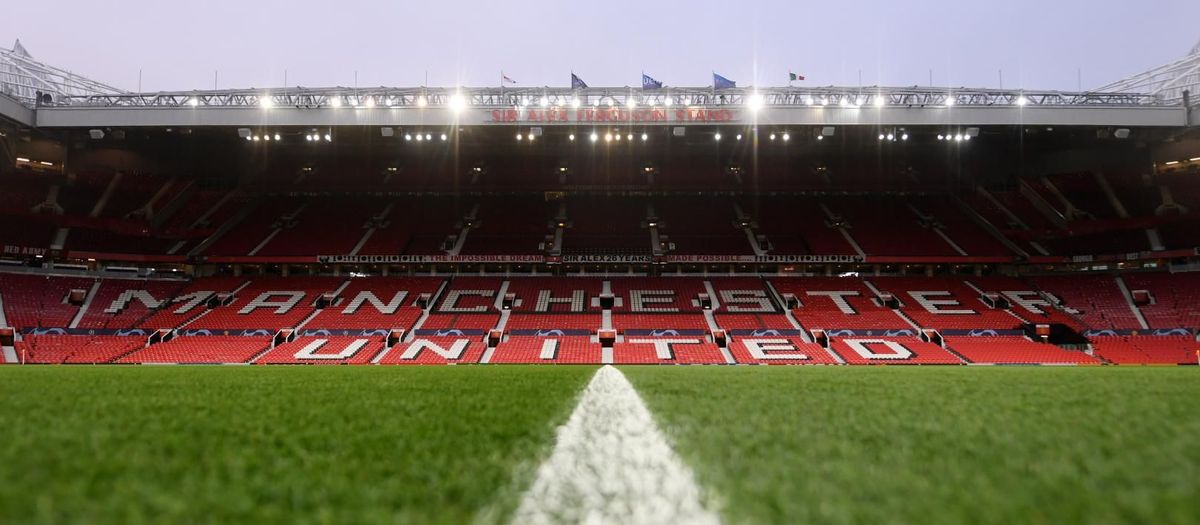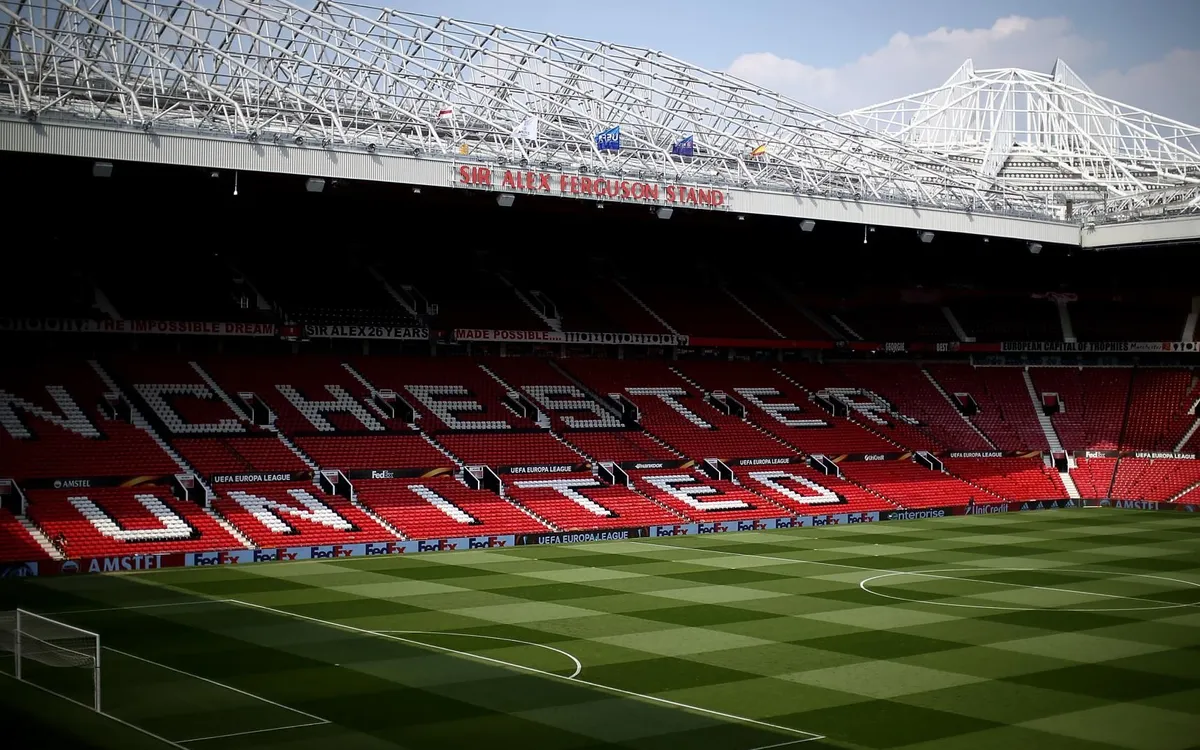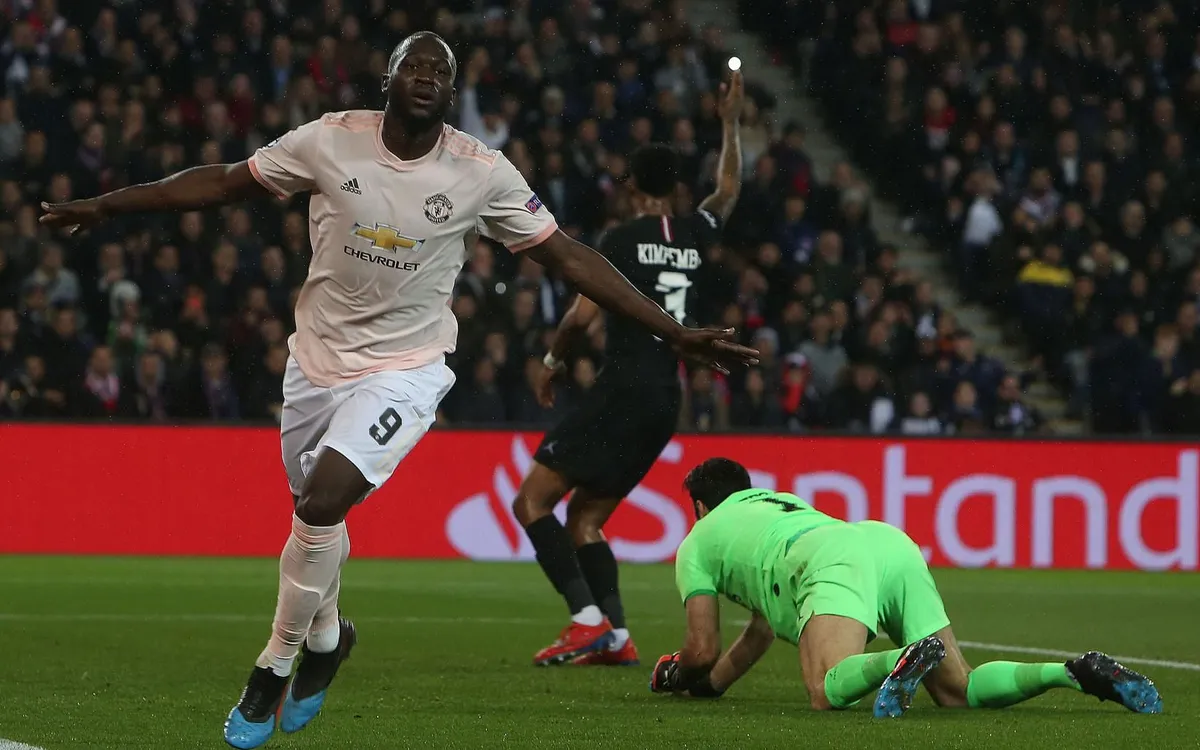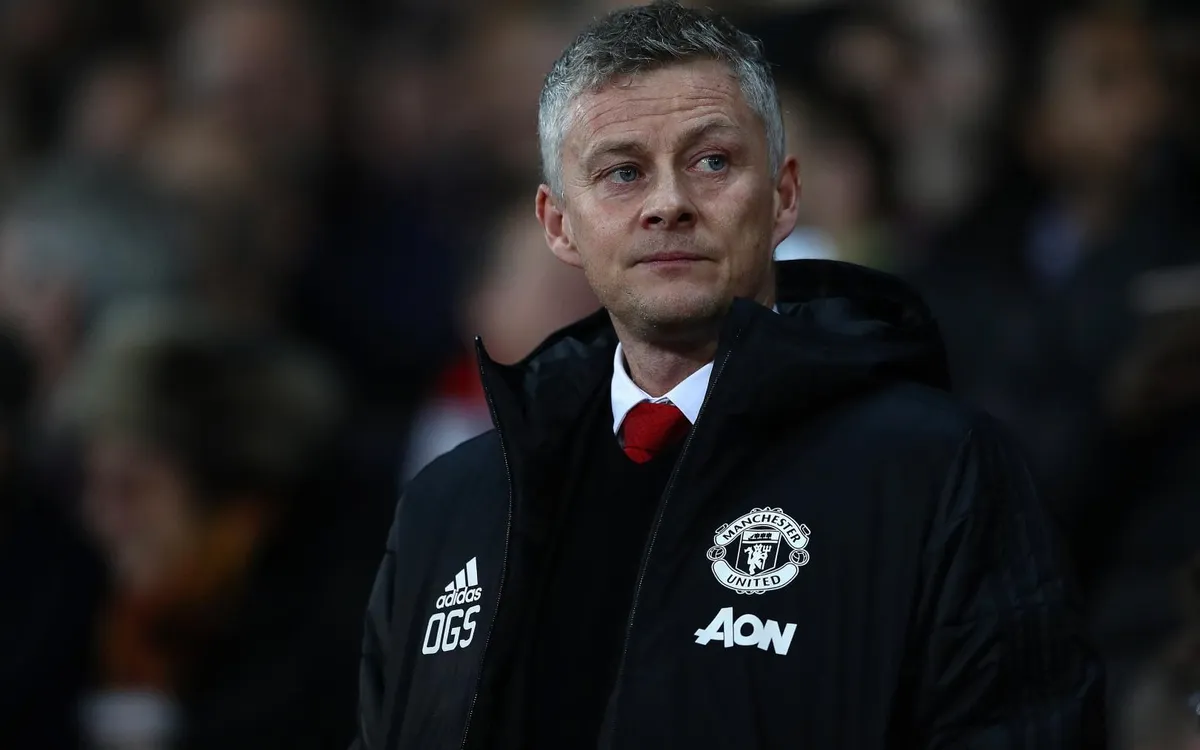After a 2-0 defeat of Atlético Madrid left Barça within touching distance of the Liga title, Barça return to Champions League action 25 days after their spectacular 5-1 win over Olympique Lyonnais ensured passage into the last eight, and a trip north to Old Trafford to face Manchester United (Wednesday at 9.00pm CET). It’s a team that needs very little introduction, but are lowdown may teach you a few things you didn't know about the Red Devils.
THE CITY
Located in Northwest England, Greater Manchester is the second most populous built-up area in the United Kingdom. The city boomed in the 19th century Industrial Revolution, when it was known as ‘Cottonopolis’ and had the world’s first train station and it’s ground-breaking canal system.
In modern times, Manchester is one of the musically vibrant cities in the world, having produced such acts as Oasis, The Smiths, New Order, The Stone Roses, The Charlatans, Simply Red, Take That, Happy Mondays and James.
VLOG: WELCOME TO MANCHESTER
HISTORY
The club was originally founded as a railway team called Newton Heath in 1878 and didn’t adopt its current name or the iconic red jerseys until 1902. Although United won the league in 1908 and 1911, they wouldn’t be truly established as one of the giants of English football until the Matt Busby era of the 1940s and 50s – but lost a whole generation of players to the Munich air disaster of 1958.
United rebuilt, and by 1968 became the first English team to win the European Cup with the likes of Bobby Charlton, Denis Law and George Best in the side.
However, despite being regarded as the most widely supported team in the world, United then went for 25 years without winning a single league title, a drought that ended in 1993 and sparked the club’s golden era under manager Alex Ferguson.
Under the Scotsman, the Red Devils won a staggering 13 league titles and also won the Champions League twice with teams featuring such greats as David Beckham, Ryan Giggs, Eric Cantona, Roy Keane, Paul Scholes, Wayne Rooney, Ruud Van Nistelrooy and a young Cristiano Ronaldo.
Since Ferguson departed, United have struggled to match the same high standards and in 2014 didn’t even qualify for the Europa League. But caretaker manager Ole Gunnar Solskjær has instilled a ray of hope- and United are now aiming to get back to the top of the English and European football pile.
RIVALRIES
The clichéd belief is that United have very few fans that actually live in Manchester, and Man City is the team that locals support. That’s not really the case though, it’s about 50/50, but after playing second fiddle for decades, City’s rise in recent years has brought the Manchester derby back to attention.
Many would say that United’s biggest rivals are really Liverpool. The two cities are so close that they practically meet, and historically they are the two most successful clubs in England.
Particularly in the nineties, United also had a fierce rivalry with Arsenal, while there was once a sometimes hostile relationship between Man United and Leeds, which many interpreted as a continuation of the historic Wars of the Roses between Lancashire and Yorkshire.
STADIUM
Old Trafford was regarded by many as the finest football stadium in the world when it opened in 1910 with an original capacity of 77,000.
Most of the original structure was destroyed by the Second World War, but United have always played at the same site. When the ‘Theatre of Dreams’ became an all-seater venue in the nineties, its capacity dropped to 44,000, but recent expansions have seen it rise to the current 75,957.
HEAD TO HEAD
1983/84 Cup Winners’ Cup Quarter Final
Barça 2 (Hogg og, Rojo) Man Utd 0
Man Utd 3 (Robson 2, Stapleton) Barça 0
Man Utd won 3-2 on aggregate but lost to eventual winners Juventus in the semi-finals.
1990/91 Cup Winners’ Cup Final (Rotterdam)
Man Utd 2 (Hughes 2) Barça 1 (Koeman)
1994/95 Champions League Group Stage
Man Utd 2 (Hughes, Sharpe) Barça 2 (Romario, Bakero)
Barça 4 (Stoichkov 2, Romario, Ferrer) Man Utd 0
Man Utd were eliminated while Barça qualified from the group together with IFK Göteborg but lost to PSG in the quarter finals.
1998/99 Champions League Group Stage
Man Utd 3 (Giggs, Scholes, Beckham) Barça 3 (Andreson, Giovanni, Luis Enrique)
Barça 3 (Anderson, Rivaldo 2) Man Utd 3 (Yorke 2, Cole)
Barça were eliminated while Man Utd qualified from the group together with Bayern Munich, who they would also beat in the final to win the trophy.
2003 Friendly (Philadelphia)
Barça 1 (Kluivert) Man Utd 3 (Forlan 2, Van Nistelrooy)
2007/08 Champions League Semi-Final
Barça 0 Man Utd 0
Man Utd 1 (Scholes) Barça 0
Man Utd won 1-0 on aggregate and went on the beat Chelsea on penalties in the final.
2008/09 Champions League Final (Rome)
Barça 2 (Eto’o, Messi) Man Utd 0
2010/11 Champions League Final (Wembley)
Barça 3 (Pedro, Messi, Villa) Man Utd 1 (Rooney)
2011 Friendly (Landover, Maryland)
Barça 1 (Thiago) Man Utd 3 (Nani, Owen)
2012 Friendly (Gothenburg)
Barça 0 Man Utd 0
Barça won 2-0 on penalties
2015 Friendly (Santa Clara, California)
Barça 1 (Rafinha) Man Utd 3 (Rooney, Lingard, Januzaj)
2017 Friendly (Landover, Maryland)
Barça 1 (Neymar) Man Utd 0
SEE ALL OUR GOALS AGAINST MAN UNITED HERE
DOMESTIC FORM
With the team eighth in the league after winning just seven of their first 17 league matches, Jose Mourinho was sacked last December and replaced by Ole Gunnar Solskjær. With the Norwegian in charge, the results have improved considerably. His tenure began with a 12-match unbeaten run, moving United back into contention for at least a Champions League berth.
However, the last month has seen United's form drop somewhat. They lost a key game with Arsenal and were beaten not once but twice by Wolverhampton Wanderers - in both the league and the FA Cup.
Being knocked out of the cup did, however, mean United had no game last weekend, offering them the rare luxury of eight days to prepare for FC Barcelona, while it’s just three days since the Catalans beat Atlético.
CHAMPIONS LEAGUE FORM
GROUP STAGE
Young Boys 0 Man United 3 (Pogba 2, Martial)
Man United 0 Valencia 0
Man United 0 Juventus 1
Juventus 1 Man United 2 (Mata, Bonucci)
Man United 1 (Fellaini) Young Boys 0
Valencia 2 Man United 1 (Rashford)
Still under Jose Mourinho at the time, United only one goal at Old Trafford in the group stage and secured two of their three wins with goals in the very last seconds.
ROUND OF 16
Man United 0 PSG 2
PSG 1 Man United 3 (Lukaku 2, Rashford)
A 2-0 defeat at home to PSG in the first leg of the round of 16 dampened the rising mood of optimism at Old Trafford, the team's first loss under Solskjær, but a stunning 3-1 win in Paris turned things around in dramatic fashion and earned a quarter final match-up with Barça.
THE PLAYERS
Phil Jones, Marcus Rashford, Chris Smalling, Jesse Lingard, Ashley Young and Luke Shaw are all part the promising new generation of England internationals.
Chilean Alexis Sánchez was at FC Barcelona from 2011 to 2018, while other United players with previous experience in La Liga are: David de Gea (Atlético Madrid), Eric Bailly (Espanyol), Juan Mata (Valencia), Ander Herrera (Zaragoza, Athletic), Andreas Pereira (Granada, Valencia) and Antonio Valencia (Villarreal).
A large number of Man United and Barça players feature alongside each other for their national teams, here's a complete list.
United’s top scorer in all competitions this season is Belgian striker Romelu Lukaku with 15. But the goals are well distributed around the frontline. Flambuoyant Frenchman Paul Pogba has 14, Marcus Rashford has 13 and Athony Martial has 12.
Luke Shaw has been voted by fans as United’s player of the month on three occasions this season. Anthony Martial, Victor Lindelof, Paul Pogba, Marcus Rashford and Ander Herrera have all won the honour once each.
TEAM NEWS
injuries have not been kind to the Red Devils this term, and the situation is not improving. Matteo Darmian and Antonio Valencia have both been out since January, and Eric Bailly hasn’t played since getting hurt in action for the Ivory Coast.
Alexis Sánchez hasn’t played since the game with Southampton a month ago, but he might be fit in time for the Champions League, while two key players in Romelu Lukaku and Victor Lindelof are both back to full fitness.
THE BOSS
Ole Gunnar Solskjær played 366 games for Manchester United. Famed for being a ‘super sub’, he scored the dramatic winner in the 1999 Champions League final and also won 67 caps for Norway.
A knee injury forced him into retirement in 2007, whereupon he became manager of the United reserves. Since then, apart from a brief spell at Cardiff City, he has been coaching his former playing club of Molde in his home country.
When Jose Mourinho was sacked in December, Solskjær returned to United as caretaker manager. Despite calls for him to keep the job on a permanent basis, as things stand he’ll be going back to Molde at the end of the season.



